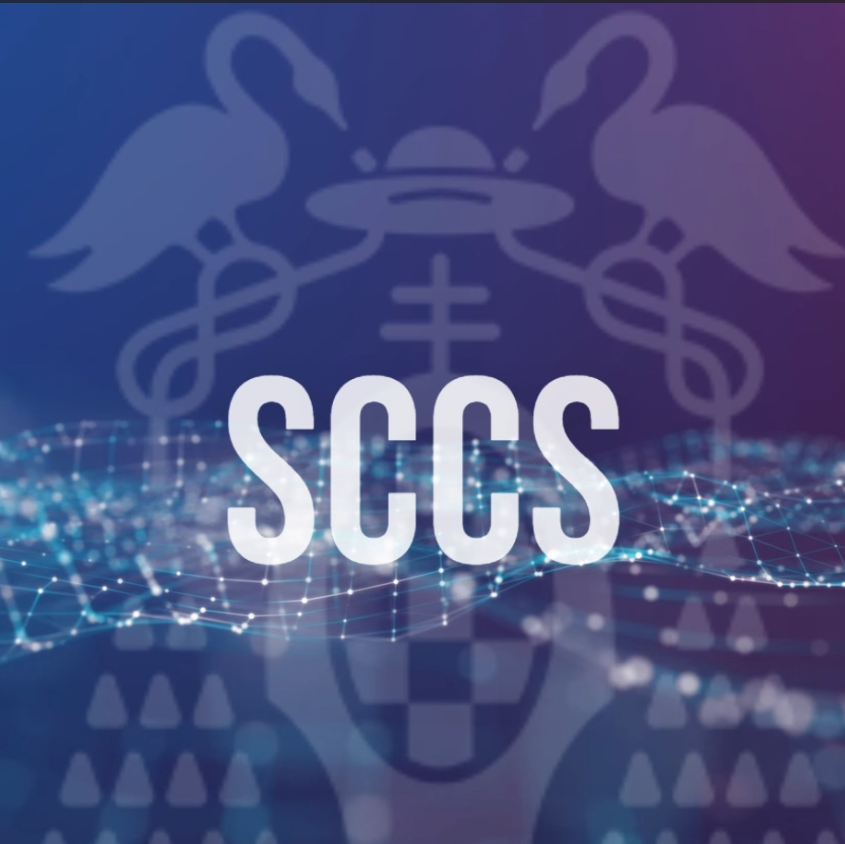
In the recent scholarly piece by Bearman, Ryan, and Aljawy (2023), titled “Discourses of Artificial Intelligence in Higher Education: A Critical Literature Review“, the authors navigate through the narratives surrounding Artificial Intelligence (AI) in the academic realm. Through a meticulous review, they unearth the promises, expectations, and challenges that AI presents in the context of higher education. This blog post endeavors to critically assess these notions from the standpoint of academics and students immersed in economics and complex systems, providing critical analysis and additional references for an expanded understanding.
Promises of AI in Higher Education
Bearman et al. depict how AI can revolutionize higher education by personalizing learning experiences, optimizing educational resources, and enhancing assessment methods. However, for academics and students of economics or complex systems, a pertinent inquiry would be how these advancements could translate into a deeper understanding of economic phenomena and complex systems. For instance, AI’s prowess in handling vast datasets and modeling complex systems promises a new epoch of discovery and analysis. It can facilitate the exploration of emergent behaviors in economic systems or the dynamics of complex social systems in a way that was previously unattainable.
Expectations Vs. Reality
High hopes have been pinned on AI by educators and students alike. Bearman et al. highlight the gap between these lofty expectations and practical realities. For instance, while AI can aid in modeling complex economic systems, the interpretation and critical understanding of these models necessitate a solid grounding in economic theory and systems analysis. The risk of oversimplification or misinterpretation could lead to erroneous conclusions, underscoring the importance of robust foundational knowledge.
Ethical and Practical Challenges
The authors also delve into the ethical and practical challenges that arise with the adoption of AI in higher education. This is especially pertinent in economics and complex systems, where data ethics and fair interpretation are crucial. Moreover, the reliance on AI tools could potentially divert attention from fundamental understanding and critical thinking, essential aspects of academic training. For example, the use of AI in predictive modeling of economic trends should not overshadow the importance of understanding the underlying economic theories and principles.
Final Reflections
The analysis by Bearman, Ryan, and Aljawy provides a solid foundation for contemplating the intersection of AI, economics, and complex systems in higher education. It beckons academics and students to be critical and reflective on how AI can be responsibly and effectively utilized in academia. The continuous exploration of these dialogues, coupled with active engagement with the ethical and practical dimensions, promises a more mindful and effective integration of AI in higher education.
References:
- Dignum, V. (2020). Responsible Artificial Intelligence: How to Develop and Use AI in a Responsible Way. Springer.
- O’Neil, C. (2016). Weapons of Math Destruction: How Big Data Increases Inequality and Threatens Democracy. Crown.
